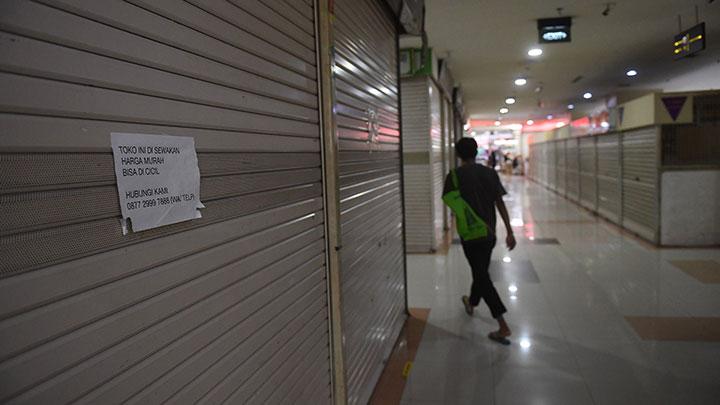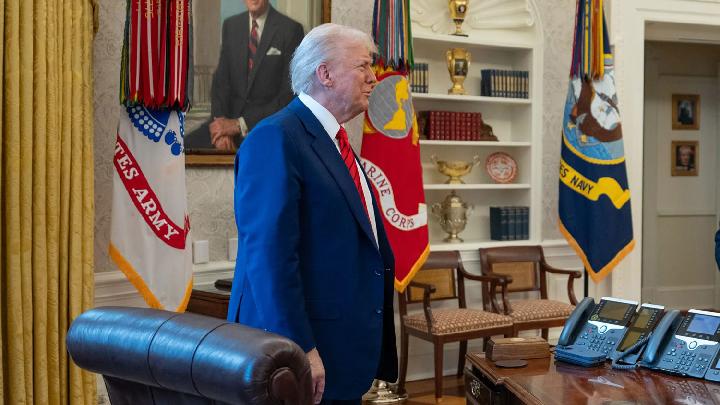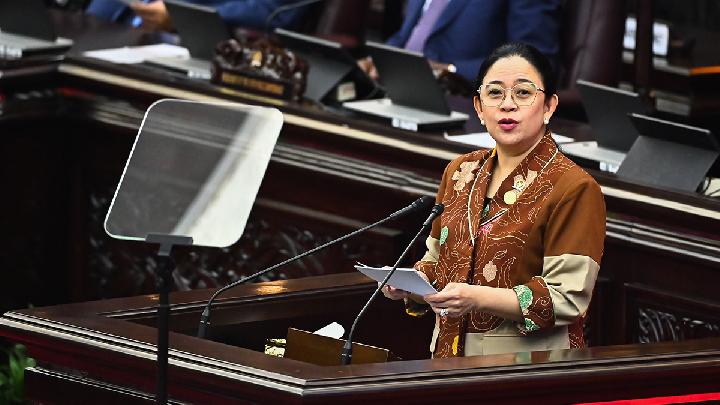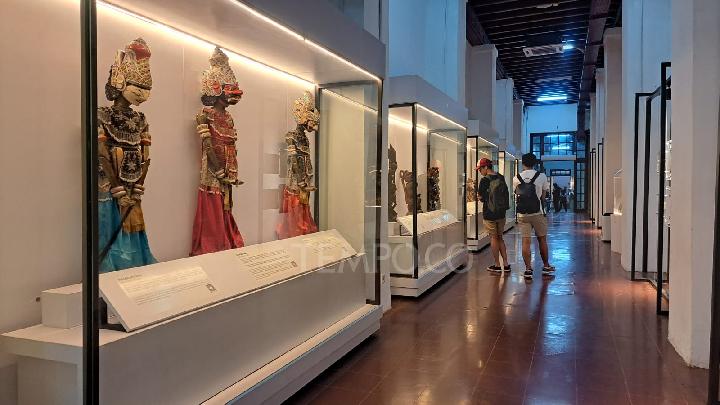TEMPO.CO, Jakarta - Archaeologist Harry Truman Simanjuntak has withdrawn from the Indonesian History Rewrite Team formed by the Ministry of Culture. In a letter sent on January 22, 2025, he revealed his personal and academic reasons for resigning.
"I will no longer be involved in the team as an editor or a contributor," said the Research Professor at the National Archaeological Research Center - now part of the National Research and Innovation Agency (BRIN)-- when confirmed on Friday, May 23, 2025.
Prior to this, Harry Truman held the position of editor for the first volume of history. Yet before writing the content, he decided to leave due to academic discrepancies. At that time, the team had not been working for even ten days.
Truman explained that initially, he and several historians discussed late into the night at a hotel in Jakarta to discuss the outline of the writings. In the first discussion, the participants were already given an outline that only needed relevant content to be filled in.
Truman felt uneasy as the outline should have been discussed by scientists consisting of historians and prehistorians, or entirely entrusted to the editor. Moreover, in the first chapter, the term 'prehistoric' was not used, but 'early history'.
"From a scientific standpoint, this is already incorrect. History comes after writing, so if our early history is the Hindu-Buddhist period, it is not prehistory," he said. Truman admitted to debating with one editor and another historian over the choice of words 'prehistoric' and 'early history'.
The 2015 Sarwono Award recipient did not deny that in terminology, history is defined as existing after the presence of humans. However, he added that as a scientific discipline, history has an approach from written sources and is limited to researching the period after the advent of writing.
Meanwhile, prehistory is defined as the period before the existence of writing. The study of prehistory has its own methods and approaches in the form of a cultural heritage approach.
"The epistemology and approach are different, but they are being forced. This reflects a narrow view as a scientist," he said.
Truman stood firm in his stance that the prehistoric section should remain written and its content thoroughly discussed. He even created his own outline and presented it to other historians, focusing on the concept of writing Indonesian prehistory.
This section, he said, is important to explain because it contains the methods and approaches used in writing. "So from that approach and method, people can understand that this discussion is the result of research conducted in this way and so on," he said.
Based on the outline written by Truman, there are eight chapters in the first volume. The first chapter discusses Indonesian prehistory, before moving on to subsequent chapters, including the Nusantara archipelago before inhabited by humans and the arrival and life of ancient humans.
Truman also offered chapters that explain the migration of Austronesian and Austroasiatic speakers, the Nusantara nearing the end of prehistory, and contemporary and future prehistory.
According to Truman, the term prehistory has become standard in the academic world. Removing prehistory from scholarly terminology and replacing it with early history is considered a fatal mistake. "For me, the integrity of scholarship is more important, as everyone in the world understands what is meant by prehistory," he said.
Indonesian History up to President Joko Widodo's Era?
Another thing that Truman could not accept was the use of a single term like this, which should have been consulted and supported by the minister. Furthermore, the writing of history is also planned to end until the era of former President Joko Widodo, which he deemed prone to bias in writing history, particularly because the individual is still alive and has only been out of office for one year.
"Hence, the independence of writing this history is also questioned," added the Director of the Prehistoric and Austronesian Studies Center.
As is known, the rewriting of Indonesian history will result in 10 volumes of books. This project is driven by the Ministry of Culture ahead of the 80th Indonesian Independence Day. Here is an overview of the content of each volume, based on the initial draft obtained by Tempo:
Volume 1: Early History of Indonesia and the Origins of Nusantara Society
Volume 2: Nusantara in the Global Network: Relations with India and China
Volume 3: Nusantara in the Global Network: Relations with the Middle East
Volume 4: Interaction with the Western Nations: Competition and Cooperation
Volume 5: Society's Response to Colonization
Volume 6: National Movement and the Rise of Independence Spirit
Volume 7: Indonesian War of Independence
Volume 8: Difficult Times and Threats to National Unity
Volume 9: New Order Era (1967-1998)
Volume 10: Reformation Era (1999-2024)
Editor's Choice: Concerns Grow as Indonesian Govt Plans History Rewriting Project
Click here to get the latest news updates from Tempo on Google News


















































